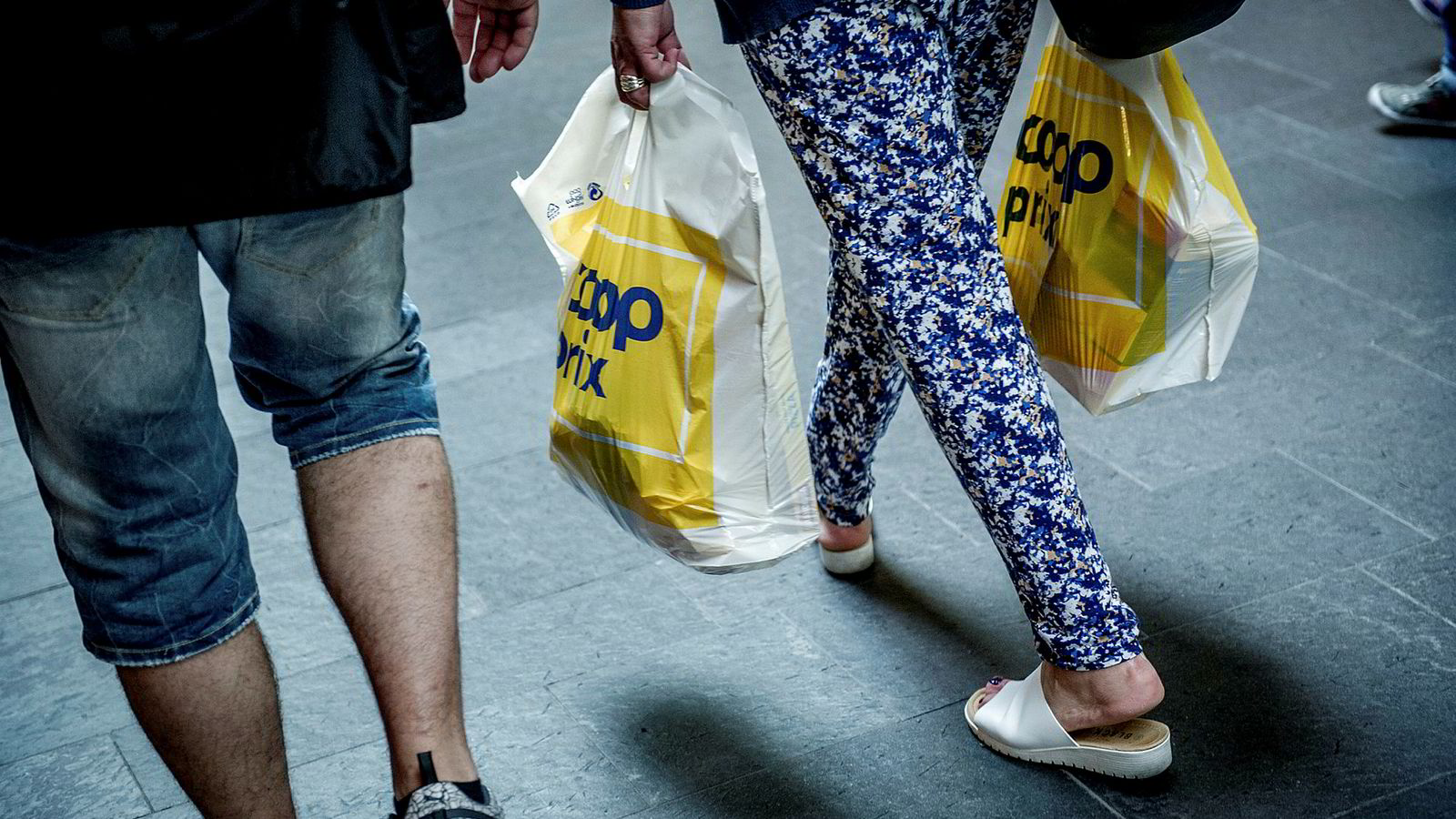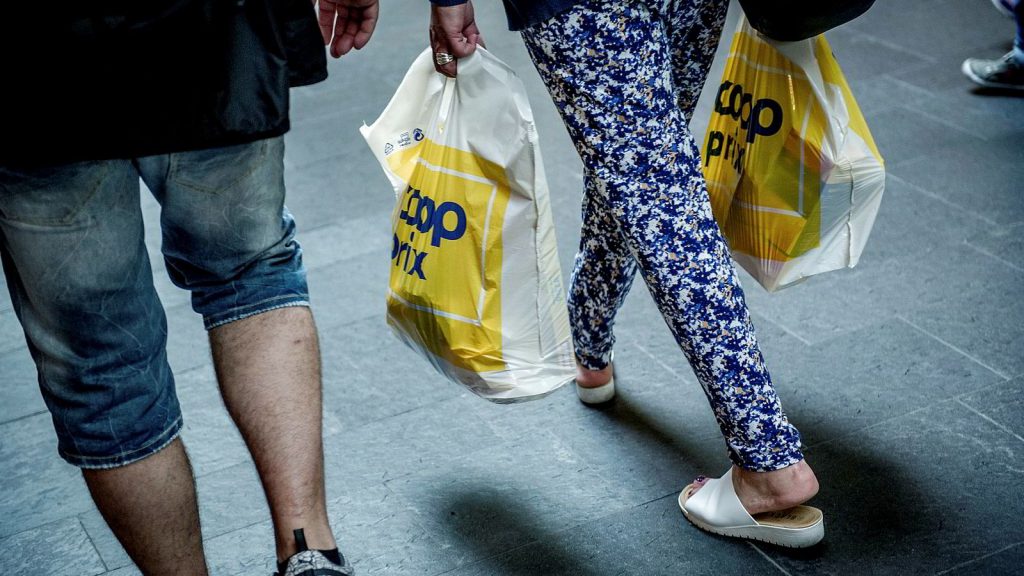By Marie Hebrok & Nina Heidenstrøm, Consumption Research Norway, OsloMet
The responsibility for sustainable food consumption can no longer rest on consumers ‘ choices in stores and in homes. Governments and businesses must facilitate practically and structurally for the changes that need to be made.
To pour resources into sustainability labelling and best-before-but-not-bad-after-labelling of food items, as well as into moralizing awareness campaigns, in order to change our food practices is a blind alley, if the target is large and fast changes in food consumption. We cannot wait for ethical and sustainable consumption to become mainstream. Policy makers and businesses must intensify their efforts to facilitate the food consumption that benefits us and the planet. Because, once again, the emphasis of the latest IPCC climate report, which launched in early August, is the urgency to make major changes in the global food system. The Amazon is burning, climate change is threatening food security, and it is critical that change happens quickly. We need to reduce the intake of meat and facilitate a more plant-based production and diet. At the same time, we waste about one third of the food produced in the world.
In western countries, such as Norway, a large part of this waste comes from households. In Norway it is about half of the total food waste annually. At the same time, meat consumption is high. And although the sale of organic food increases, it is still a marginal category. The most common response from policy makers and the food industry is that it is up to consumers to make the environmentally friendly choices in the store. It is assumed that by increasing the knowledge about which food is most climate friendly, and how we can use leftovers and act smarter, the ship will eventually turn in the right direction – since demand dictates supply. And if we only get enough information, we will change our bad habits.
Our research shows that this strategy can cause valuable time to be wasted – time we may not have. Consumers are not so unenlightened in this area that policy makers and the food industry seem to believe. It is the total amount of considerations to make in everyday life that makes it difficult to continually decide whether the choices we make are climate friendly or not. Therefore, to create change in consumption patterns, it is not enough to increase knowledge and change people’s attitudes, it is also necessary to change the structural conditions around consumption. Over many years, research has shown that positive attitudes towards sustainability do not always lead to sustainable actions, precisely because the most sustainable actions, such as reducing car use, eating plant-based, reducing food wastage, lowering the indoor temperature and reducing the use of hot water, are difficult to unite with an everyday life as it is organized for most people today. In this regard, awareness campaigns have not had any major documented effects. Additionally, the economic value of food and other consumables has decreased drastically along the development of increasingly efficient production systems. We spend a very much smaller proportion of our income on food than we did 50 years ago. Our research on why people waste so much food at home, has shown that the low value of food is of great importance.
We also find that while some actors in the food industry seek to guide us to make the most sustainable and ethical choices through different labelling, this is experienced by consumers to be too demanding in everyday life. We mostly shop our food on routine. Therefore, we can no longer reduce the responsibility for sustainable food consumption to consumer choices in stores and homes, but we must begin to facilitate practicality and structurally for the changes in food production and consumption that should come. According to the IPPC, we will at some point be forced to make changes in our food consumption as food production goes down as a result of climate change. Therefore, we must be at the forefront by making the big changes earlier in the value chain; In what is produced, imported and presented to consumers. If we need to reduce meat consumption, we must also reduce meat production, without waiting for the consumer demand to decline first.
Both governments and the food industry must venture to think more radically about new solutions for food consumption: Should we consider, for example, more collective solutions, which can contribute to a better system by leveraging the economies of business that come with food cooked in industrial kitchens? Perhaps we should start eating our main meals where we spend most of our days, at our workplaces, schools and kindergartens, if this could increase the consumption of sustainable food, as well as reduce private food purchases and-wastage? Could an increase in more affordable restaurants that serve sustainable food, and the use of services that deliver your food to your door provide the same results? We do not have the answers, however, we are sure that there are unimagined opportunities both for social innovation and new business concepts in this landscape — and the time is now.
Published in the Norwegian paper Dagens Næringsliv, 27.08.2019: https://www.dn.no/innlegg/mat/klima/landbruk/klimavennlig-mat-kan-ikke-lenger-bare-vare-den-enkeltes-ansvar/2-1-660876?fbclid=IwAR288VFY3BAI0I4mn-NI0YvNjiXril1Oyifz9hVViiS-tGDjHN7lfSQp3PU


 Foto: Gorm K. Gaare
Foto: Gorm K. Gaare